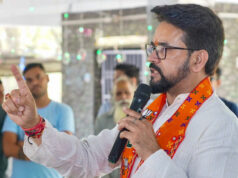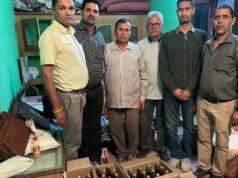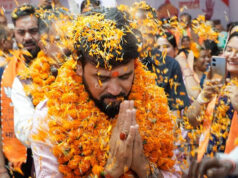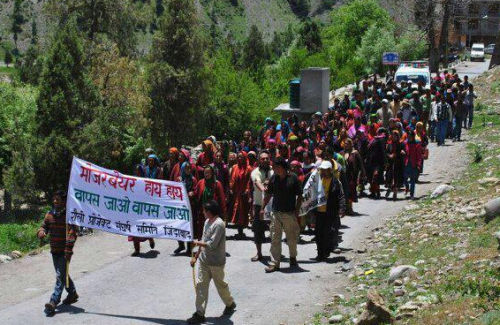Shimla – In a move aimed at bolstering the efficiency and transparency of the electoral process, the Election Commission of India (ECI) has introduced a significant amendment, Section 18A, into the Conduct of Election Rules 1961. This amendment mandates that voters on election duty shall now cast their ballots at designated Voter Facilitation Centers rather than relying on postal ballots, announced Chief Electoral Officer (CEO) Maneesh Garg today.
The decision to implement this rule change stems from a dual purpose: to curb potential misuse of the postal ballot system among voters on poll duty and to amplify their involvement in the electoral process, explained CEO Garg.
Elaborating on the operational aspects, CEO Garg detailed the comprehensive Standard Operating Procedure (SOP) crafted by the state election department. This SOP delineates the entire process, from the application for postal ballots to the eventual casting of votes at Voter Facilitation Centers, ensuring the timely delivery of ballots to counting centers.
Notably, distinct SOPs have been outlined for various categories of personnel on election duty, including polling personnel, police personnel, home guards, and HRTC (Himachal Road Transport Corporation) staff. Each category will follow a specific protocol tailored to their duties and responsibilities.
For polling personnel, the process involves applying for postal ballots through Form 12/Form 12A to the respective Returning Officers (ROs), who then facilitate the transmission of ballots to the Appropriate Recording Officers (AROs) at their duty stations. Polling personnel will cast their votes through postal ballots during designated training sessions before proceeding to their assigned polling stations.
Similarly, police personnel, home guards, and HRTC staff will receive Form 12(PB) or Form 12A (EDC) from appointed Nodal Officers, who oversee the distribution of ballots to the relevant ROs/AROs. These categories of voters will cast their votes at dedicated Voter Facilitation Centers located at RO/ARO offices.
To streamline the process further, a centralized clearing house will be established in Shimla, where Nodal Officers from each assembly segment will submit postal ballots for distribution to respective AROs, ensuring timely delivery to the intended recipients and subsequent transmission to counting centers.
Importantly, measures will be in place to maintain the secrecy of voting, with the entire voting process at Facilitation Centers being recorded via videography. Additionally, an officer will be present to attest declarations, while political party representatives and candidate representatives will be informed of the schedule and encouraged to observe proceedings at the Facilitation Centers.
CEO Garg emphasized that these initiatives aim to facilitate the seamless participation of personnel on election duty in the electoral process, thereby upholding the democratic ethos of fair and inclusive elections.














